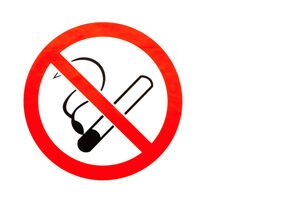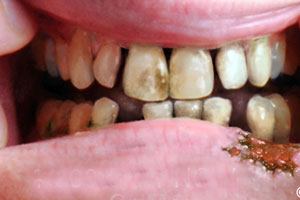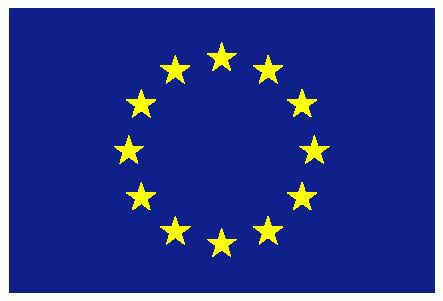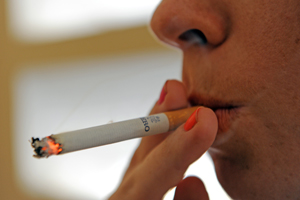Allowing the sale in Malaysia of packs containing fewer than 20 cigarettes would again demonstrate that tobacco lobbyists were determining government policy, questioning the sovereignty of policy making in the country, according to an opinion piece in the Malay Mail by Charles Santiago, the member of parliament for Klang.
Santiago said that there was ‘talk’ that 10-stick cigarette packs – what he referred to as ‘kiddie packs’ – would be sold to combat the sale of illegal tobacco.
Sales of packs with fewer than 20 cigarettes have been banned since 2010.
For the past few years, the three major tobacco companies operating in Malaysia have been complaining about the steep increases in tobacco excise taxes that have been imposed and the level of illegal tobacco trade in the country.
Santiago said, however, that allowing the smaller packs would ‘encourage the sales of cigarettes as they would become much more affordable, even for students, young adults and women’.
‘But to address the affordability of cigarettes, especially to lower income persons and youths, the Malaysian government introduced the Minimum Price Law (MPL) in 2010, in conjunction with a ban on selling cigarettes in packs of less than 20 sticks,’ Santiago said.
‘Last year, the Health Ministry told parliament that the government plans to introduce plain-packaging on cigarette packets as a way of reducing smoking in the country, a move successfully adopted in countries such as Australia and Uruguay.
‘But the government received brickbats from big tobacco companies following the announcement and the policy was shelved.
‘This time around tobacco lobbyists have bypassed the Health Ministry altogether, earning the wrath of its director-general Noor Hisham Abdullah who has been reported as being against the sales of kiddie packs.
‘Instead of pandering to the whims of tobacco lobbyists, the government must consult all stakeholders including the Health Ministry, anti-tobacco lobbyists and schools to weigh in on the sales of kiddie packs.
‘If these smaller packs come to be on sale, it would again demonstrate that tobacco lobbyists are determining government policy, questioning the sovereignty of policy making in the country.’









